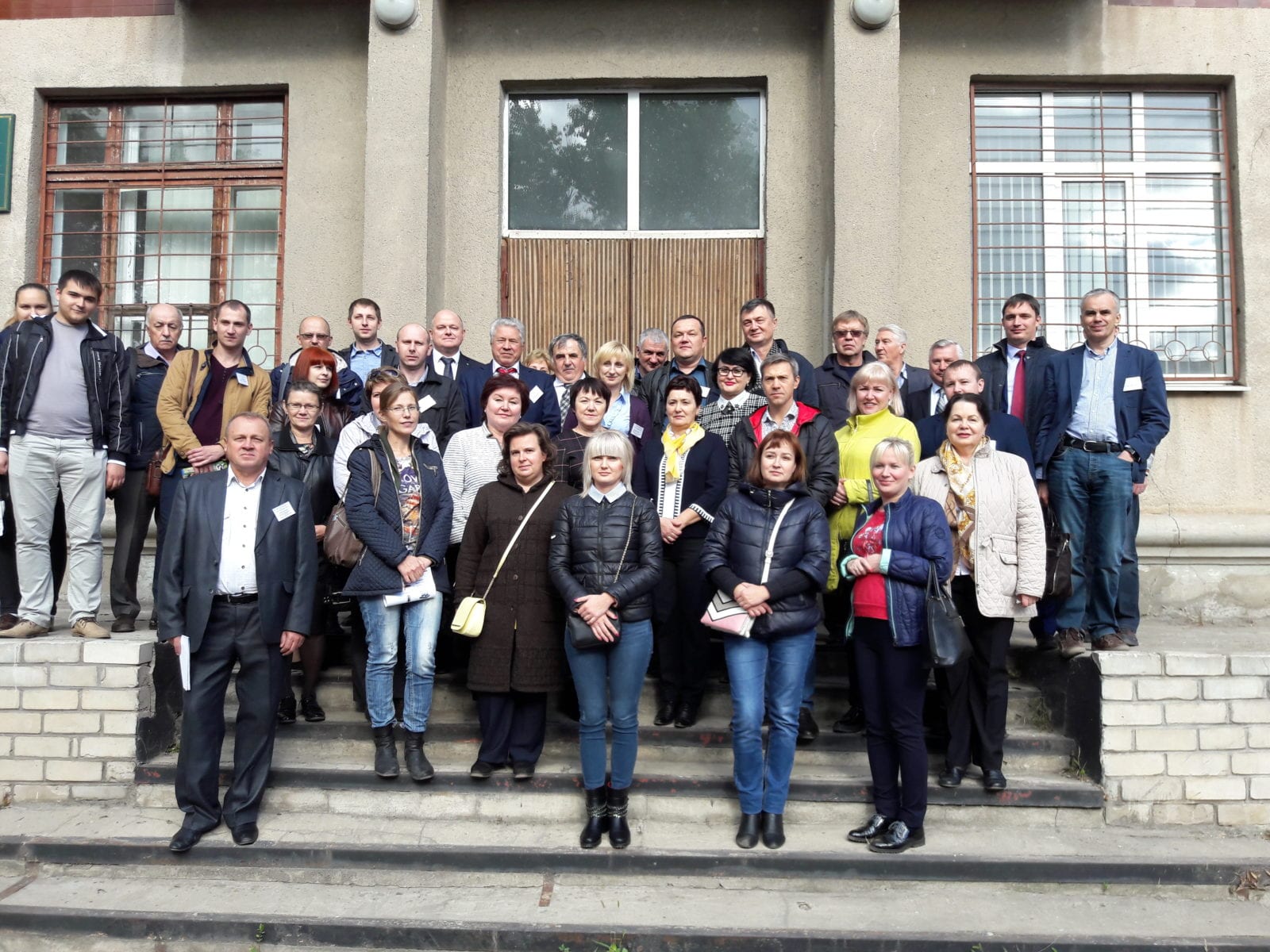Russian Compound Feed Producers Discuss GMO Regulation and Control Issues at Annual Conference in Russian Federation
- Category:
- Biotechnology
- General News

USSEC participated in the annual scientific and practical conference, “Modern Tendencies In Compound Feed Industry: GMO of Plant Origin In Compound Feeds. Technical and Legal Regulation and Practical Control of GMO,” organized by the Russian Research Institute of Compound Feed Industry and by the Russian Union of Compound Feed Manufacturers. The event took place September 27 - 29 in Voronezh, the heart of the Russian feed industry.


The leading Russian experts from state veterinary control laboratories, universities, and independent labs submitted presentations and discussed problems of GMO safety, practical control, and technical regulations in feeding materials and in compound feeds.


At the invitation of Dr. Valery Afanasyev, the President of the Russian Union of Compound Feed Manufacturers, USSEC local consultant Dr. Maria Domoroshchenkova attended the forum. She presented an overview of the global status of biotech soybeans and recent data on the growing of GM soybeans in the U.S. and other countries. She described new traits of GM soybeans registered for food and feed applications and emphasized the problem of asynchronous approval of GM soybeans in different countries. The growing of biotech soybeans is not allowed in Russia and only eight individual GMO soybean events are currently registered for food and feed applications.
The interactions and discussions during the conference clearly demonstrated the interest of the Russian feed industry in gathering more knowledge on the benefits and safety of GMO feeding materials and in the practical control of GMOs in feeds. The interest to usage of soy in feed formulations in Russia is steadily growing due to the increasing development of the local poultry and pig industry and the growth of soybean crushing capacities of local oil mills. In the near and middle term, Russia would remain a net importer of soybeans, as the domestic production doesn’t meet the growing demand of the local customers. It was clearly understood that the current shortage of GM soybean registration approvals and complexity of GMO registration procedures have a negative impact on soybean and soy products’ availability and negatively influence the cost of compound feeds.